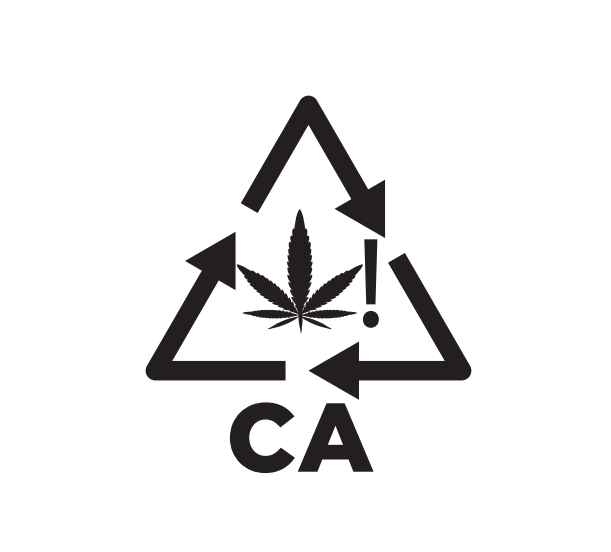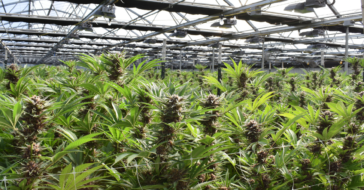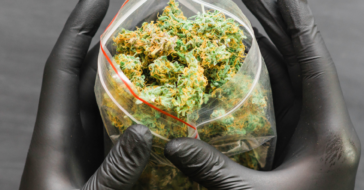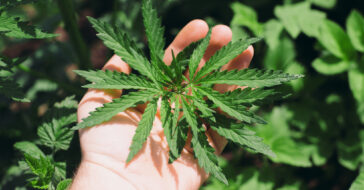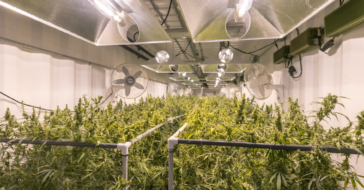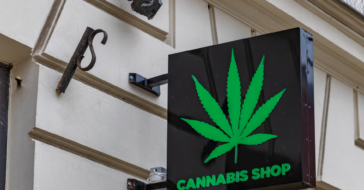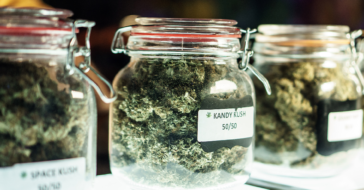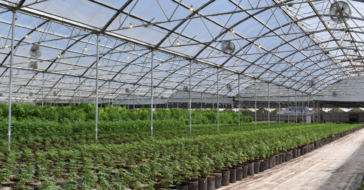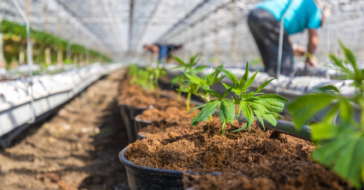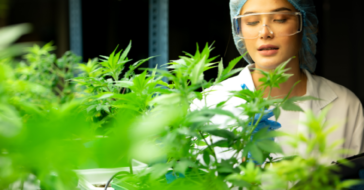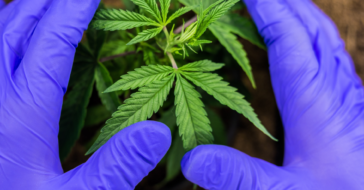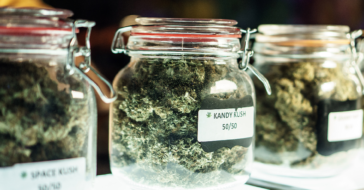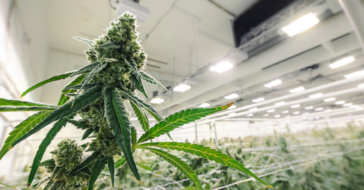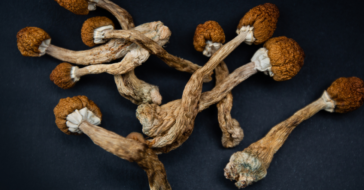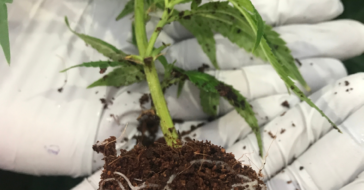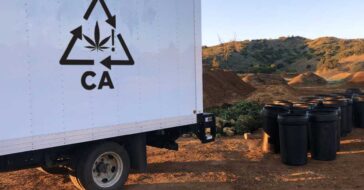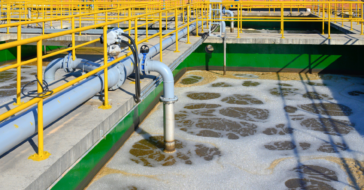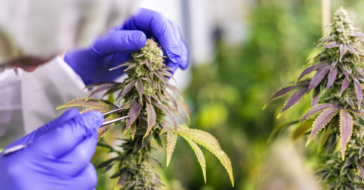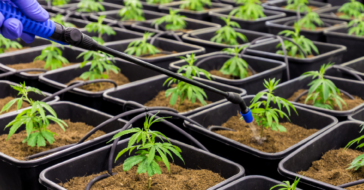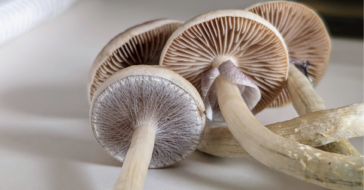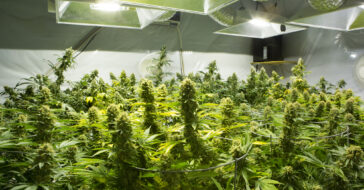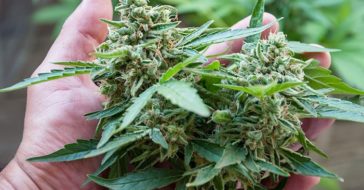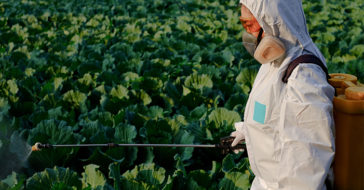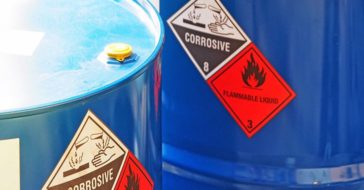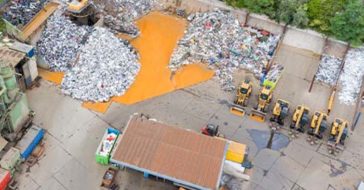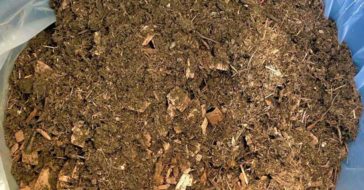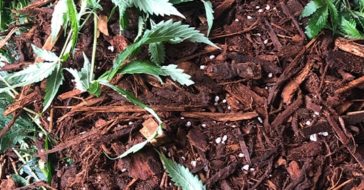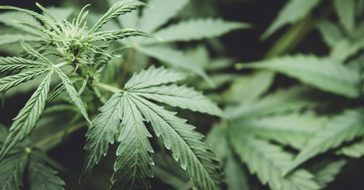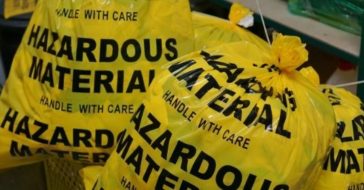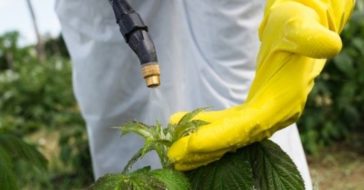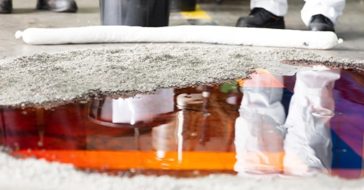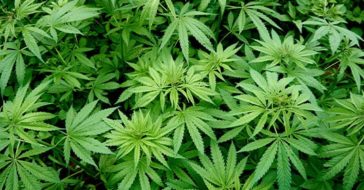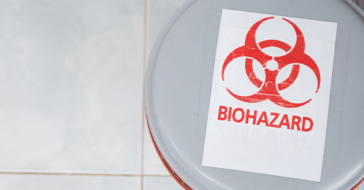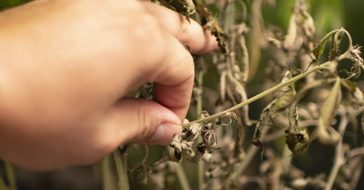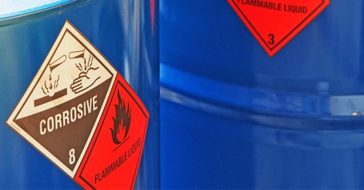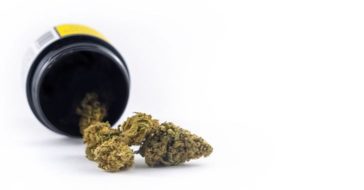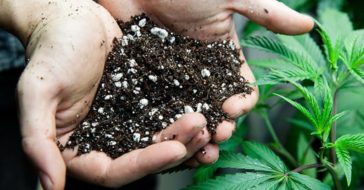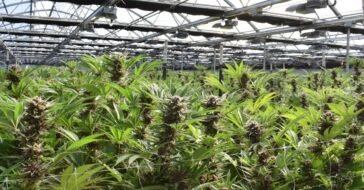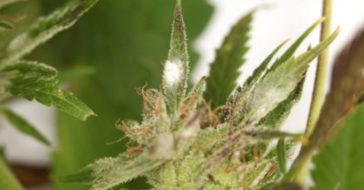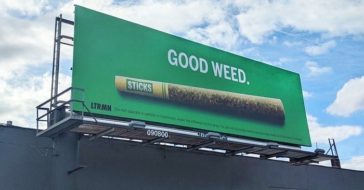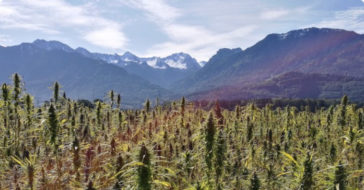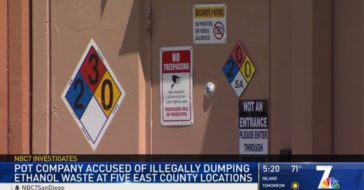This article was written by Ray Hatch and originally appeared on GreenEntrepreneur.com on June 29, 2019.
Medical and recreational cannabis is projected to be a $13 billion dollar industry in the US in 2019, which has investors and eager entrepreneurs alike clambering to get in on the market. Seemingly overnight, cannabis in the US has gone from an underground enterprise to a booming industry – and everyone wants a piece of it.
As is the case in any industry, there will always be intricacies of operation that can make or break a business. In the cannabis industry, the intricacy that no one tells you about is managing the waste.
Example: California has three separate cannabis agencies: Bureau of Cannabis Control, CalCannabis Cultivation Licensing and the Manufactured Cannabis Safety Branch. These agencies have three separate sets of regulations for cannabis waste handling. With California being among the first states to legalize cannabis, other states may adopt their practices for licensing, regulation and waste management. Regulations vary today depending on the state and are in a constant flux of change.
Cannabis Waste 101
The main rule with cannabis waste is: you can’t just throw it away. The general rule of thumb is anything that has THC or comes into contact with THC has to be ground up and mixed with an aggregate material until it is “unusable and unrecognizable”. This is to prevent any material with THC from being accessed by unauthorized people (think minors, pets…), or from having THC end up in the soil or a water source. For this reason, cannabis waste has to be stored securely and only accessed by authorized personnel.
Cannabis, despite being legalized in 33 states for medical or recreational use, is still a Schedule 1 drug under the federal Controlled Substances Act. Because of this, cannabis waste is essentially regulated very similarly to hazardous waste. In most states, cannabis waste is referred to as “a special regulated waste”, which means it needs to be stored, handled, transported, processed, and tracked in very specific ways. There must also be a chain of custody throughout the process of the waste being handled, just like if you were disposing of a hazardous material.
Waste handling through the cannabis supply chain.
Below is a summary of the regulations that apply to most states
- Growers: All plant-touching businesses must properly dispose of non-usable plants by rendering them that magical term “unusable and unrecognizable”. Typically, this is done by grinding and mixing 50/50 with organic matter, which can then be transported to a licensed composter. Growers have the option to also compost waste onsite, assuming they have the room for a composting setup and have the time and resources associated with composting. This rule isn’t limited to just plant material, though. This includes packaging, soil and everything else that comes into contact with THC. Although most states allow growers to landfill unusable and unrecognizable plant waste, composting is a better option.
- Extractors/Producers: Extracting THC from a bud is a process that involves solvents, chemicals and a lot of water — none of which can simply be washed down the drain, including the water used to clean presses and other equipment. These chemicals are a literally hazardous waste for all intents and purposes and have to be handled by a licensed hazardous waste company. It has to be properly accounted for at collection, transportation and disposal stages and tracked.
- Dispensaries/Retail: Cannabis products have a shelf life, just like any other product made from an organic substance. As a retailer, you can’t simply throw away any expired/outdated material. You can’t even simply throw away the packaging if it has come into contact with a product like edibles, gummies or oil. Again, a licensed waste company must be involved.
The future of the cannabis waste industry.
Moving forward, cannabis waste regulations will continue to evolve. For example, California no longer requires growers to use specifically licensed companies to collect cannabis plant waste that was not pre-mixed and ground. That plant waste can now be collected by a regularly licensed composter. Colorado is listening to the growers and the dispensaries and is changing the regulations to facilitate recycling in a safe and efficient manner. However, there is a tremendous responsibility on current operators. The repercussions of not properly securing, transporting and disposing of THC laden waste could force regulators to impose even more stringent regulations.
Stewards of a budding industry.
The entire cannabis industry is under a powerful microscope, and it’s up to the industry to take care of itself. The responsibility falls on everyone at every level of the cannabis supply chain, because there are people out there just waiting for a slip-up to prove that the industry needs more regulation and oversight.
Keeping the health of the entire industry in mind — managing cannabis waste becomes a critical element. The ramifications of even one incident involving water or soil contamination could be devastating to the market. Working with licensed waste professionals isn’t just an option these days, it is a requirement.

